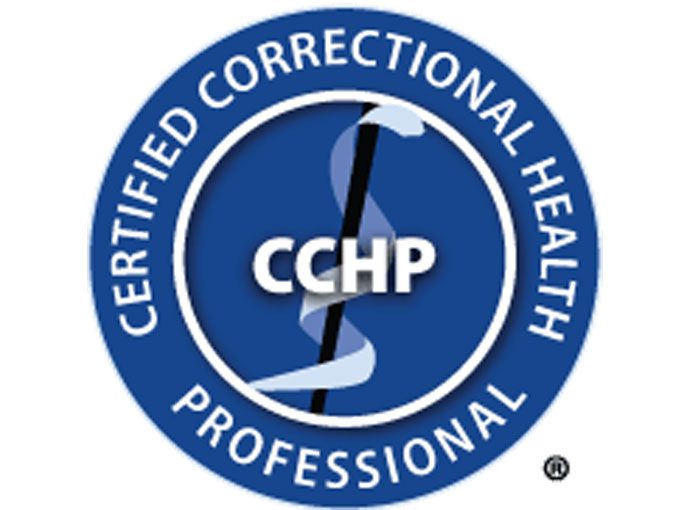
Standards Q&A: Documenting Nonemergent Health Care Requests
What touchpoints should we document for nonemergent medical, dental, and mental health care requests?
Home Meet Loretta Reed, CCHP
 Jun 13, 2022
Jun 13, 2022Project manager, cross-functional team leader, scrum master, problem solver, process improver, and now a Certified Correctional Health Professional … meet Loretta Reed, MBA, PMP, CCHP (far left), director of the Project Management Office of NCCHC’s consulting subsidiary, NCCHC Resources, Inc.
Reed joined NCCHC Resources full-time in 2019 after having served as a consultant to the organization during a rapid growth period over the previous few years. She brought to the role a diversified portfolio of experience spanning management consulting, business analysis, agile project management, business process management, finance and accounting, and more.
About NCCHC Resources
NCCHC Resources was created to manage the increasing demand for correctional health care technical assistance and other consulting work through the provision of high-quality consulting services. A nonprofit organization, NCCHC Resources works to strengthen NCCHC’s mission: to improve the quality of health care in jails, prisons and juvenile detention and confinement facilities.
Reed’s first order of business upon joining NCCHC Resources was to build a centralized project management structure, which included creating processes and setting standards for the business’s projects. As Project Management Office director, she is at the center of operations. She coordinates the growing list of projects; trains and oversees consultants; manages project time lines, resources, and personnel; and tracks compliance.
Like so many people in the field, Reed had had no previous experience with correctional health care. And like thousands of fellow CCHPs, she turned to the NCCHC standards to deepen her knowledge and understanding of the issues and challenges.
A Deep Dive
“Really diving into the standards in preparation for the CCHP exam gave me a greater appreciation for the intricacies of the field, especially as they relate to incarcerated patients’ rights and legal considerations,” she says. “Understanding both the big picture and the details gives me a very solid grounding from which to work with our consultants (who are themselves CCHP-certified) and clients.”
She now also has direct, firsthand understanding of the importance of certification for clients who are struggling with complex health-care problems or aiming to become NCCHC-accredited.
In preparing for the exam, she found that attending the all-day preconference review session to be especially helpful. “Sitting down with the standards books was important,” she says, “but it was the review session that really brought it all alive for me.” She strongly recommends attending one of the review sessions, which are offered in conjunction with each NCCHC spring and fall conference as well as available online. Like many who stumble into correctional health care, Reed quickly came to appreciate the importance of the work. About NCCHC and NCCHC Resources she says simply, “We help save lives.
Learn more about NCCHC Resources. Learn more about the CCHP program.


